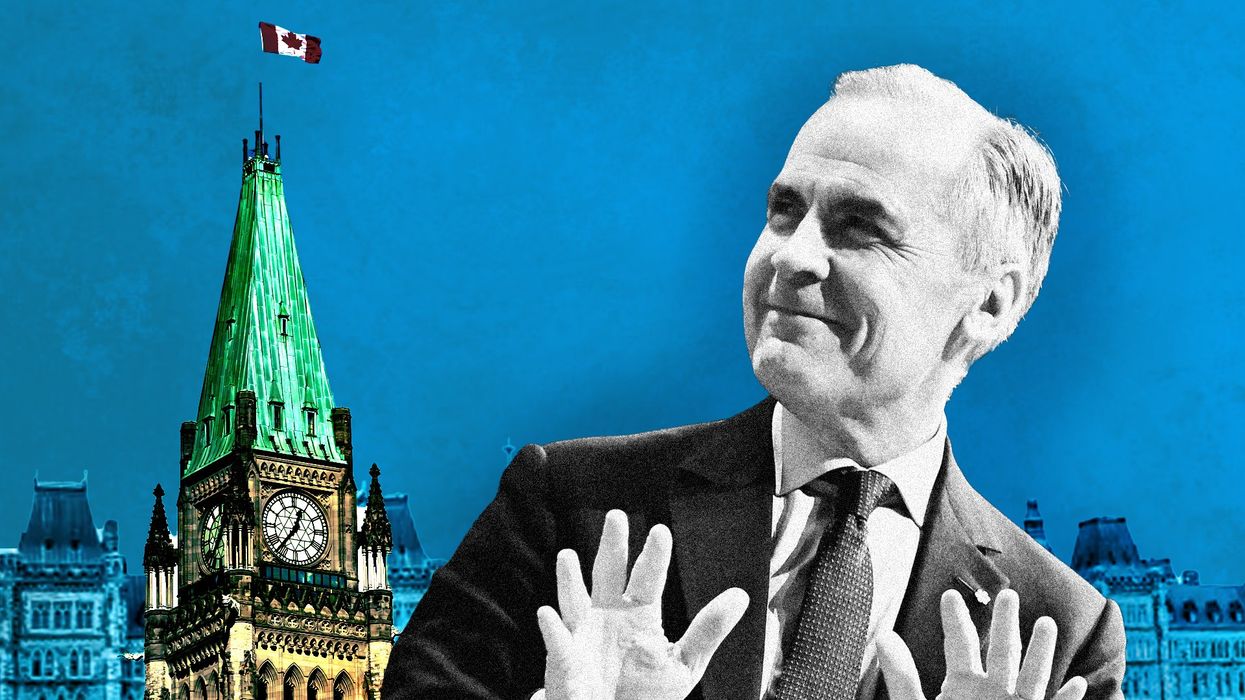GZERO North
Now comes the hard part for Carney
Mark Carney, who has never sat in Parliament and has only been a politician for four months, faces a lot of political puzzles after leading his Liberal Party to victory in Canada on Monday, and one huge challenge south of the border.
May 01, 2025

